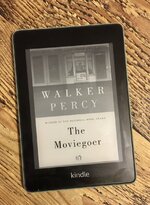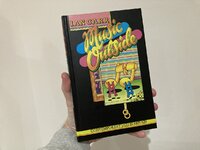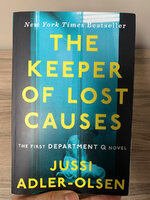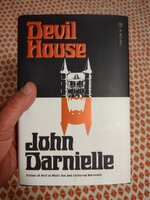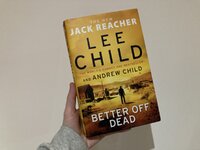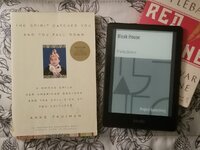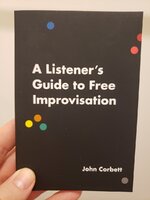Book 6: Ducks, Newburyport - Lucy Ellmann
View attachment 128491
I’ve spent the best part of a fortnight reading this, the last few days laying in bed isolating with Covid put the last 30% away quicker than expected.
It’s one hell of a novel and unlike anything I’ve read before so I find it hard to review and do it justice.
There are definitely moments where the writing is sublime. Definitely moments where I felt completely linked with the narrator, a 40 year old American housewife, mother of 4 in her second marriage. There were probably more moments where she left me feeling completely alienated from her as she drifts seamlessly from thought to thought, word to word.
For those unaware, the book is effectively a 1000 page long sentence with no actual dialogue, although some is considered within the continuous internal monologue that our narrator puts forth. It’s riveting at times but like anyone’s thoughts, it’s rather dull at times too.
The only breaks in the main stream are to allow a second narrative, told in a much more traditional manner, of a mountain lion, herself becoming a mother and her quest to find her lost cubs. These interludes last only a couple of pages at a time and crop up around 10 times throughout the whole book. This second narrative does enter the main narrative near the end.
I remember seeing a comedian on a UK panel show describe her experience with ADHD and there are certainly times within the main story where our narrator’s thought progressions and digressions made me wonder whether she too had ADHD although it isn’t specified within.
I’d previously read some reviews and it seems the most popular criticism is the length of the book, that the the effect could be achieved in a fraction of the pages. It’s difficult to disagree with that: the actual linear narrative told probably consumes about only 50 of the 1000 pages were it told in a more traditional manner. But, it’s those other 950 pages where Ellmann’s magic takes place. She allows a real human being to take form as we learn of her unresolved issues with her parents, especially ‘Mommy’, her anxiety around a Trump presidency, her fear of weapons, why there are so many weapons, why men just have to carry them around in open carry states, school shootings past and more recent, racial injustice, police brutality, police apathy, making ends meet by baking pies, why the local store hasn’t paid her for the past 20 pies she made for them, her past health issues, Tommy Lee Jones and Harrison Ford’s relationship shift in The Fugitive, did she devote too much time to her second husband and in doing so, neglect her eldest child etc., etc.
The juxtaposition of the two concurrent storylines is so clever: at the heart these are two mothers who have the same purpose - to love, to feed and to protect their children. Ellmann makes sure we get a bare bones, purely animal take on the mountain lion’s experience compared to a complex, personal, unique take on the human condition.
Could the book have been shorter and stayed effective? Possibly, yes. But, the lion at least is given a name, our lead narrator isn’t so one could argue Ellmann could have even squeezed a few more words in there!
